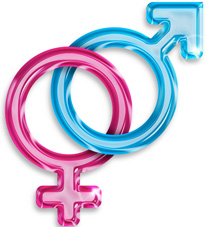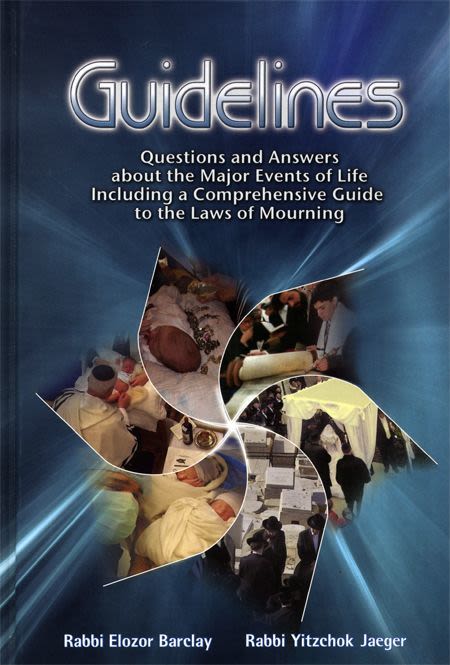
Beshalach: He or She?
A famous question people ask is, why is Hashem always referred to in masculine form? Is Hashem a male? Why couldn’t “He” be a “She”?

One of the more thought provoking bumper stickers to appear in the past few years is the statement that “G-d is a black woman”. Believe it or not, this author doesn’t exactly agree with that bumper sticker. And even though I don’t normally write about bumper stickers, I’m going to make an exception.
Let’s start our discussion with a well-known question. Why is Hashem always referred to in masculine form? Is Hashem a male? Why couldn’t “He” be a “She”? Also, we find in this week’s Torah reading that the Jewish people sang a special song to Hashem after the miracle of their crossing the Sea of Reeds. One of the praises they sang was that “Hashem is a man of war.” How about “a woman of war”? (Not that any woman would want war associated with them. It’s embarrassing enough being a man and being the main perpetrators of war.) Getting back to our question, why in this context is Hashem referred to as a man?
Let me start by stating categorically that the Infinite Creator is not masculine or feminine. It is clear from our commentators that we have no concept of what or who Hashem is, and surely He is not physical. Those  religions that attribute physicality to Hashem are caught in the myopia of the idol worshiper’s consciousness. Their thinking reflects the inability to picture the transcendent without defining that reality in physical terms. In other words, G-d is not a man and man is not G-d.
religions that attribute physicality to Hashem are caught in the myopia of the idol worshiper’s consciousness. Their thinking reflects the inability to picture the transcendent without defining that reality in physical terms. In other words, G-d is not a man and man is not G-d.
If so, why is Hashem always defined in masculine form?
It is fascinating to note that the Jewish people throughout the Prophets are defined in feminine form. Is this a fluke or is there a reason for this description?
In order to have a child there are two partners, the man and the woman. The man’s contribution is his DNA, the raw material needed to create life. His involvement takes just a moment in time and then he fades away from any active participation. The real work is through the woman who is the carrier of the child. She provides the environment for all of the growth and changes needed for new life. It is only through her efforts and hard work that a child can be born.
On a spiritual level, Hashem provides the DNA of the universe. He gives us the raw materials for all of the greatness latent in this world. But the raw materials and potential are useful only if they are developed and perfected. The Jewish people, through their efforts in studying Torah and performing His commandments, are like the mother putting in her determined and sometimes painful effort to give birth to a child. This child is called the Meshiach. He is the synthesis of the Hashem’s spiritual and physical DNA and the development and birthing the Jewish people provide. He is not just an individual, but reflects the “birth” of the entire world from its incomplete to completed state.
That is why Hashem is referred to as a male and the Jewish people as a female. He “contributes” His part in the creation of the world and we put in our effort to “give birth” to a world of G-dliness.
There is one more aspect of the male energy that is referred to in the Song by the Sea. There is intensity and power in the male energy. Women, for all of their internal strength, don’t usually reflect the potential outer fury of man. Hashem showed His power and wrath in full force against the Egyptian army and to capture this experience Hashem is referred to as “a man”. Obviously, Hashem is not a man, but the masculine reality, with all its intensity, is best represented in those terms. This is a basic reason why Hashem is called “a man of war”.
In short, by referring to Hashem in masculine terms we can capture some ideas of how He relates to the world in the most concise way. Hashem is not male, female, white, black, or any other physical characteristics. And if we don’t get caught in misunderstanding the masculine metaphor of how Hashem relates to this world, we can develop a deeper comprehension of His relationship to us and ours to Him. Hopefully, with this awareness we’ll be able to “give birth” to a truly profound understanding of what Hashem’s world is all about.
* * *
Rabbi Dovid Charlop is on the teaching staff of the Neve Tzion Yeshiva in Telzstone, Israel.











Tell us what you think!
Thank you for your comment!
It will be published after approval by the Editor.